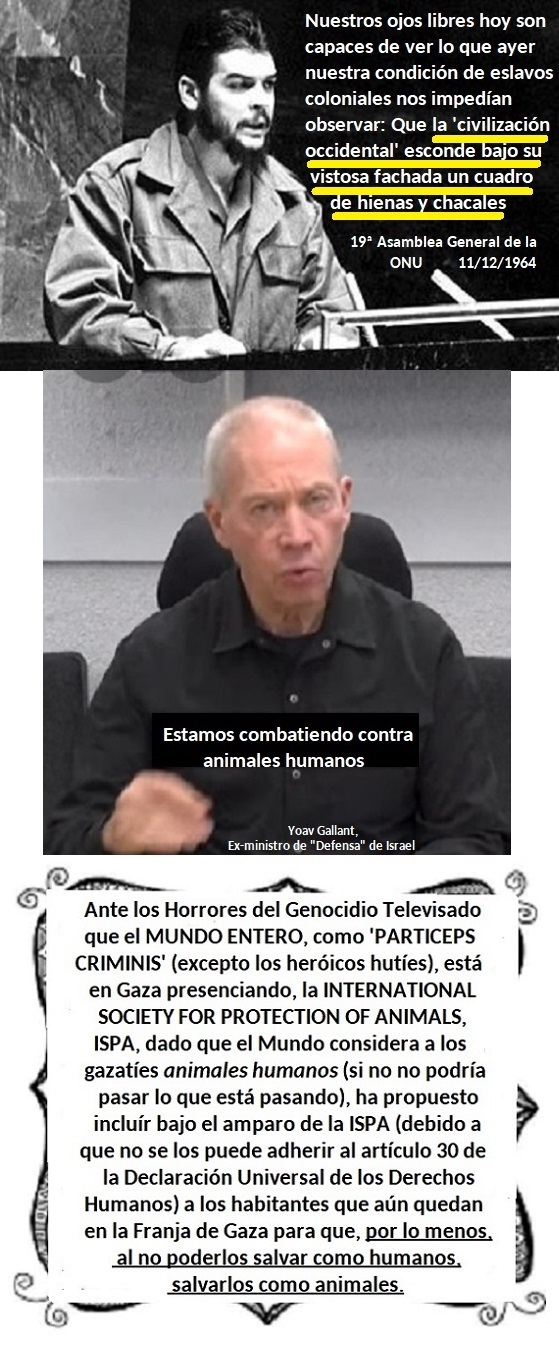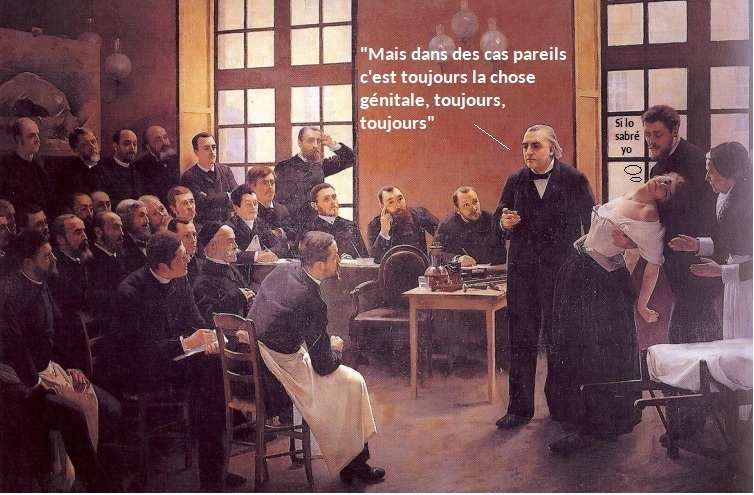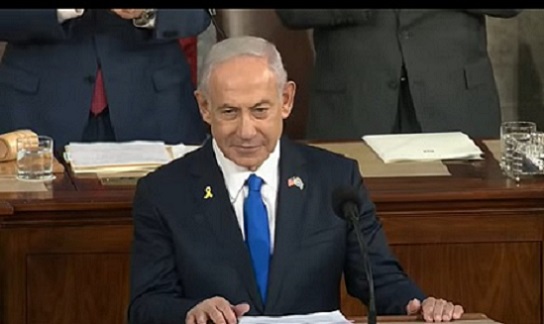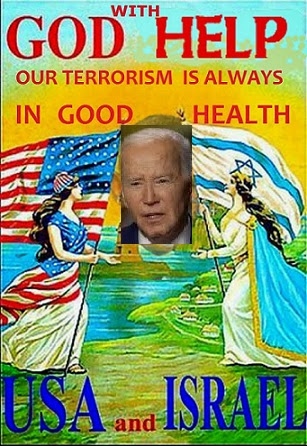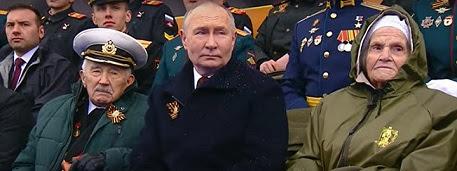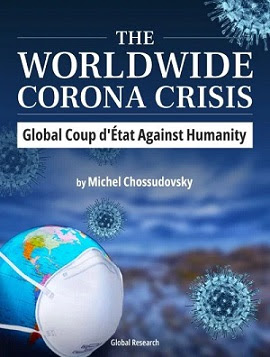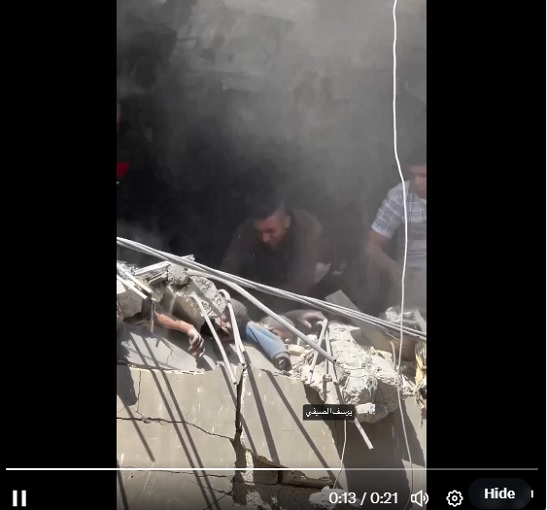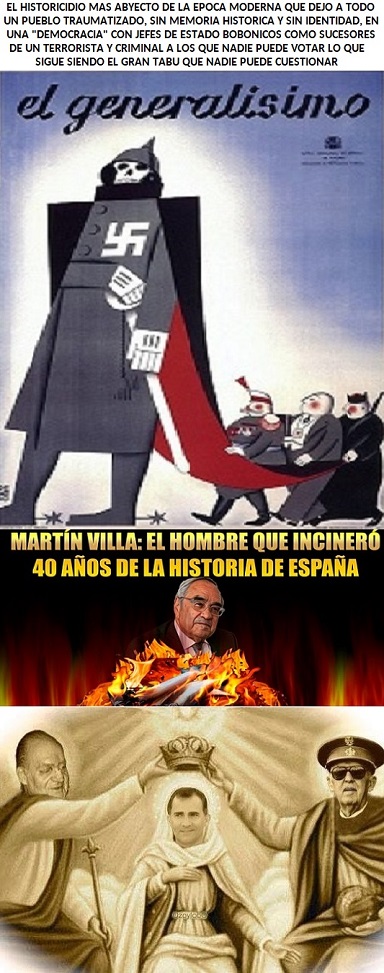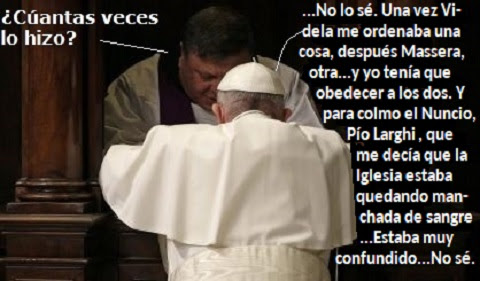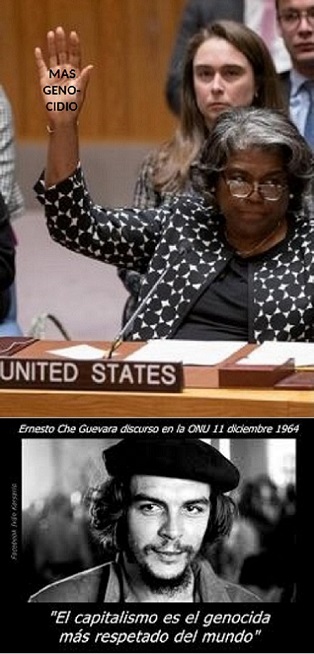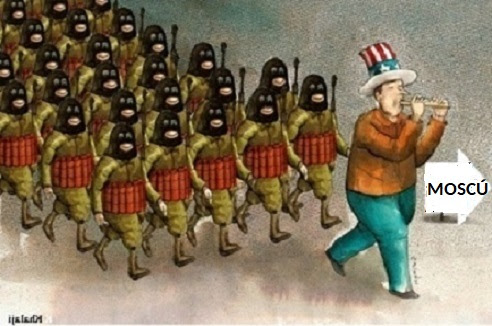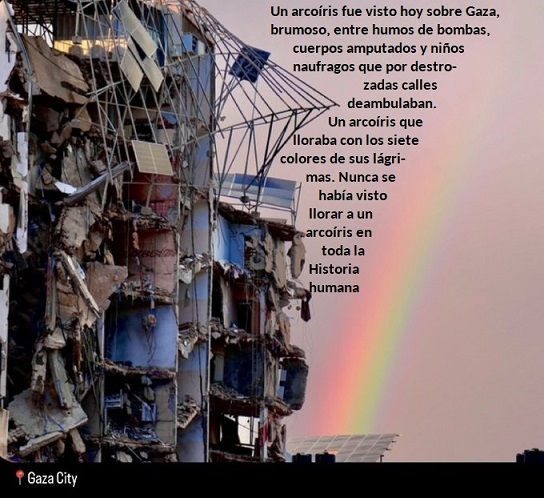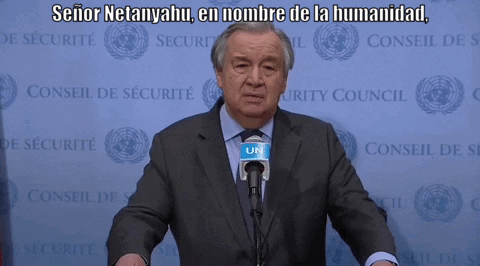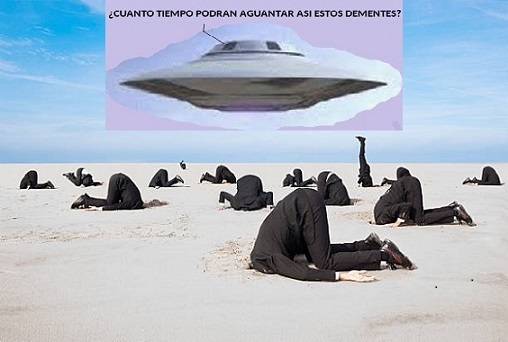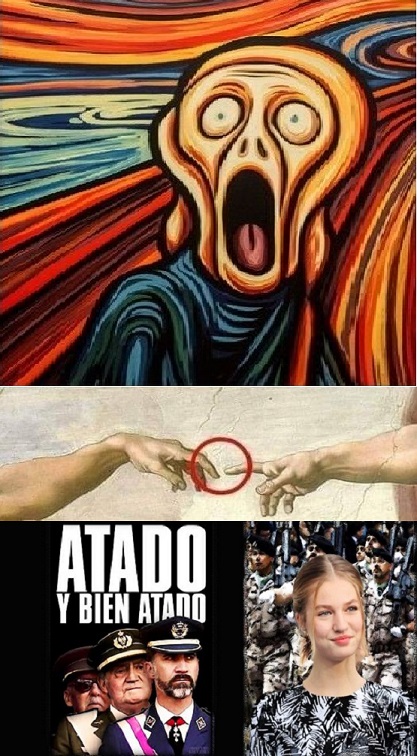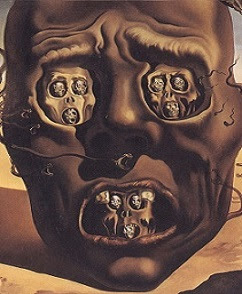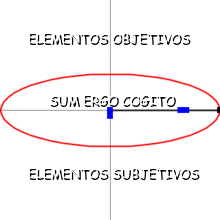 |
| Los aviones, italianos y alemanes; las bombas y el petróleo, norteamericanos Italian Savoia-Marchetti SM.81 bomber over Spain, c. 1936, with Fiat CR.32 fighter escorts. According to the research of Langdon-Davies -- and others at the time said the same thing -- the Italian raiders had switched off their engines some distance out from Barcelona, glided in, dropped their bombs and then started up their engines again to make good their escape. The point of this was to minimise the warning time given by the acoustic detectors which ringed the city, giving fighters little chance to intercept and civilians little time to get to shelters -- thereby dramatically increasing panic. The bombers also returned at frequent intervals in order to maximise the psychological distress: In short, "twenty-six minutes of visits from half a dozen bombers themselves scarcely in danger destroyed the whole mental life of a million and a half people for forty hours" (John Langdon-Davies, Air Raid: The Technique of Silent Approach, High Explosive, Panic (London: George Routledge & Sons, 1938); p.24) |
 |
| William Faulkner |
Tenemos que crear una impresión de maestría"
General Mola
El terrorismo de ésta atmósfera de terror que se llevó a cabo en España para crear una impresión de maestría, como muy bien dijo Mola, dura --con diferentes decorados, claro-- hasta nuestros días, de lo contrario el "Caudillo" que lo llevó a cabo no podría estar enterrado en una Basílica santa y sus Sucesores riéndose de tan glorioso trabajo
de la patria asaltada, pero éste, en concreto,
que fue creciendo en fosas comunes poco apoco.
La evidencia de lo que decimos viene de un testigo con toda la credibilidad del mundo porque fue uno de ellos que, al final, no pudiéndo aguantar más el nauseabundo terrorismo que presenciaba, se escapó y publicó un libro. Se trata nada más y nada menos que de Antonio Bahamonde y Sanchez de Castro, Delegado de Propaganda de Queipo de Llano hasta Enero de 1938, que, en su libro, "Un Año con Queipo de Llano", 'Memorias de un Nacionalista' (Ediciones 'Nuestro Tiempo', Mexico, 1938), denuncia:
"El móvil es un sólo: el terror. El terror como única arma para lograr el triunfo. Saben muy bien que sólo a fuerza de terror y de torrentes de sangre conseguiran dominar al pueblo. El terror y solo el terror en su grado máximo, hacen possible esa ficcion de normalidad que quieren hacer creer que se disfruta en la zona nacional. En el territorio sometido impera el orden: es el orden que impera en los cementerios" (Pag. 78)
de vivos muertos,
Lógico, porque sus ejecutores pertenecían a una cruzada divina para salvar a la civilización cristiana occidental, cuyo reino no estaba en la tierra, sino en los cielos, y estaba bendecido por el Papa y los democraticos gobiernos.
John Langdon-Davies, corresponsal del periódico, News Chronicle, cuyo libro, "Air Raid: The Technique of Silent Approach": High Explosive Panic" (New York, Ed. Haskell House Pub. --otro editor--), recoge una excelente psico-sociológica investigación, in situ --en Barcelona-- de éstos bombardeos que diezmaron seriamente la capacidad de resistencia del pueblo catalan frente al fascismo.
El periodista londinense del News Chronicle fue un histórico testigo de cargo de éstos trogloditas bombardeos sobre la población civil de Barcelona.
Fue quizás el primero que supo ver el tremendo poder destructivo, moral y psicológico, de ésta nueva arma del terrorismo 'celestial' entre la población civil. Escribe Langdon-Davies:
"La técnica de los Acercamientos Silenciosos (Silent Approach) de los aviones, acompañada con el pánico que causaban las bombas de alto poder explosivo, como la usada en las incursions aereas italo-alemanas del mes de Marzo en Barcelona, no está dirigida a atacar objetivos militares; no está enfocada a diezmar la población: está encauzada directamente contra los nervios de las gentes para destruirlas psico-mentalmente y terminar así con toda posible resistencia de los que queden vivos..."
"Por eso, su interés esencial se encuentra, no en el número de personas muertas, sino en lo que pasa con las que quedan vivas...Un moderno estado de Guerra depende, para mantener sus fuerzas, de dos factores principales: hombres en el frente luchando como parte de una maquinaria de defensa o ataque, y una población que, en retaguardia, trabaje y produzca, como seres racionales, los productos que se necesitan".
"La técnica para aplastar a los hombres que luchan en el frente es bastante diferente a la de prevenir a la población civil en seguir trabajando como seres racionales. Si el hombre ha sido entrenado en la perfecta ejecución de sus acciones mecánicas, entónces, para dislocarlo de éstas funciones, tiene que ser destrozado fisicamente; a éste respecto, la artillería y la aviación pueden hacer blanco directamente sobre ellos. Pero ésta técnica es inconveniente e inútil cuándo se tiene que evitar que una población civil se desenvuelva y trabaje como seres racionales. En éste caso no hay necesidad de machacarlos fisicamente; en lugar de ello deben ser desmembrados psicologicamente; asi se convierten para el enemigo en más útiles vivos que muertos."
"La técnica de Acercamiento Silencioso, combinada con los altos explosivos, es la conquista mas eficaz del arte moderno de la Guerra para ejecutar éste propósito psicológico de nulificar las existentes medidas de defensa contra el pánico colectivo, es decir, el individio colapsa totalmente bajo el pavor colectivo que produce éste terror...Los ataques derivados de ésta técnica han creado un arma capaz de impedir que la poblacion pueda seguir funcionando como seres racionales
(Langdon-Davies; pags. 15-81-82)
"Me fue imposible encontrar a alguíen que, francamente, fuese capaz de admitir que no fue reducido a un estado de impotente y paralizante terror y desolación absoluta al final de los bombardeos. Al respecto, competentes investigadores llegaron hasta el punto de sugerir que, de haberse prolongado los bombardeos por cuarenta ocho horas más, se hubiera producido una parálisis total de la vida en Barcelona y de toda fuerza para seguir resistiendo"
(Langdon-Davies; pag.15)
"Me causó gran impresion el descubrir como las gentes se comportaban bajo la enorme tensión de los Acercamientos Silenciosos (Silent Approach). No es facil. Una activa desmemorización se hace bastante evidente. Se podría establecer un paralelismo entre el contenido de las alucinaciones de un convaleciente enfermo mental y el impacto que produjeron éstos ataques en la persona media durante las cuarenta y una hora que duraron. Los que tuvieron que desarrollar algúna clase de actividad durante este período podían decir lo que hicieron, pero los que lo sufrieron pasivamente perdieron todo el sentido del tiempo secuencial y todos los detalles"
(Langdon-Davies; pag. 83)
:::::::::::::::::::::::::::::::::
En el diario del Conde Ciano, prominente ministro del Duce, podemos leer en la entrada del 2 de Febrero de 1938:
"Mussolini ha intensificado las incursions aréas en la costa de Levante, las cuales estan rompiendo los nervios de la población civil"
("Ciano Hidden Diary, 1937-1938"
Ed. Dutton and Co., New York, 1953; pag. 5-52-68)
Mussolini anticipaba así las conclusiones
de Langdon-Davies.
Y el 8 de Febrero de 1938:
"He recibido, y se lo he pasado al Duce, una declaración de un testigo del reciente bombardeo de Barcelona. Nunca he leído un documento tan realisticamente horrendo; y, sin embargo, sólo intervinieron nueve aviones S-79 y todo el 'raid' sólo duró un minuto y medio. Pero grandes edificios fueron demolidos, el tráfico quedó interrumpiudo y el pánico rayó en la locura. Se produjeron 500 muertos y 1.500 heridos. Ha sido una buena leccion para el futúro".
("Ciano Hidden Diary, 1937-1938"; pag. 72)
Ahora era el Conde el que adivinaba a Langdon-Davies con el pánico rayando en la locura, lo cúal sería multiplicado por mil sobre la misma Barcelona al siguiente mes de Marzo.
Y realisticamente horrendos también fueron los bombardeos sobre todas las ciudades y pueblos de España dónde el terrorismo masivo de los altos explosivos sobre la población civil hacían sus estragos entre la moral de las gentes y de la milicia.
Desde Madrid a Durango y Guernica, pasando por la costa de Levante y Valencia, hasta los pueblos de Anadalucía, el pánico rayando en la locura se había extendido por toda la península que trataban de "liberar"
"En los pueblos andaluces de Constantina, Palma del Río, Alanis, Cazalla, La Campana, El Pedroso, Villanueva de las Minas, Puebla de los Infantes, Posada, Carmona, Pañaflor, y otros, como en numerosos pueblos de Extremadura, la aviación insurgente ha bombardeado al pacífico vecindario, aúnque no hubiese en dichos pueblos ningúna fuerza militar, matando mujeres y niños. Las mujeres formaban en muchos de éstos pueblos largas colas a las puertas de las tahonas para proveerse del pan familiar, y sobre ésta masa de mujeres indefensas se complacían los aviones en arrojar sus altos explosivos"
(Informe del Colegio de Abogados de Madrid sobre los crimenes de los insurrectos. Publicado en "Solidaridad Obrera", Barcelona, Octubre 2, 1936)
Herbert Matthews, el corresponsal del New York Time, en su famoso libro "Half of Spain Died" --página 116--, atestigua, después de haber entrevistado a muchos testigos presenciales:
"Los aviones de la República nunca bombardearon poblaciones indefensas ni ametrallaron al personal civil desde el aire...Es un hecho aceptado el que los aviones del gobierno sólo centraban sus bombas en objetivos militares"
.............................
de terrorismo colectivo que fue dejando
convirtiéndolo, tras los escenarios previstos,
en muertos vivos
(No de otra forma ha podido pasar
esa kafkiana "trancisión" que ha sucedido
--Alfredo Grimaldos--)
"Desde los Iberos al Cruzado de las Sombras".
(Copyright, 229 913. Diiembre 12, 1985))
::::::::::::::::::::::::::::::
Nota A
(Parte de un trabajo que titulé:
"La Intervención del Imperialismo Norteamericano
en la llamada 'Guerra Civil' española".
Iba a ser publicado en la ya desaparecida revista
"Covert Action", pero no lo conseguimos por dificualtades económicas de la revista que, más tarde, saldría a la luz convertida en la actual CounterPunch):
"(...)Whether the measure was an "embargo" or not is debatable, but it definitely fell short of being "moral." Herbert Matthews certainly saw it this way: "The great service which the United States performed for Generalissimo Franco and the Nationalist cause [and it was a crucial one] was to impose an arms embargo and keep it in effect from the beginning to the end of the Civil War... For the Republican government, THE AMERICAN EMBARGO WAS A CRUSHING BLOW, PERHAP S A DECISIVE ONE" [43].
The one who truly jumped for joy and happiness, with thenews of such position of the US administration, was his main beneficiary: the Generalissimo Franco; thus, it is without surprise that, upon receiving such wonderful notice of the Embargo Law, he commented: "PRESIDENT ROOSEVELT BEHAVED IN THE MANNER OF A TRUE GENTLEMAN. HIS NEUTRALITY LEGISLATION... IS A GESTURE WE NATIONALISTS SHALL NEVER FORGET" [44].
The massacre of the Spanish people was going to be an ethical treaty between gentlemen and the butchers of the swastika, a kind of combination that does not has to much resemblance with the term of "democracy".
V.
Naturally, and as we said, the "morality" of the embargo tilted the balance in favor of the insurgents and against Spain's legitimate government. Meanwhile, Germany and Italy already had thousands of tons of the most intricate and advanced war material and sophisticated weaponry in Spain. But under such policy of "neutrality", and at the very moment of the francoist "Glorious National Movement" happens, five tankers from the Texaco Co. [an affiliate of the Standard Oil Co.] were crossing the Atlantic en route to Spain in compliance with a contract signed in July 1935 with CAMPSA [National Company of Spanish Petroleum].
Upon receiving word of the military insurrection, the director of Texaco, Thorkilde Reiber, "immediately telegraphed the tankers to change their course and head for one of the ports occupied by the insurgents to give them the gasoline" [45].
This was nothing new. The US corporations had plenty of experience with this class of clientele. "The Texaco Company before the war had built up good market in Germany. Reiber had intimate friends there. He had traveled around Germany with Goering and other influential Nazi officials" [46]. Franco's "Glorious Movement" was becoming a "Glorious Business."
This business rapidly extended to all geographic regions, as only five days after the insurrection, on 23 July, the Secretary of the State of Business [the Business of US imperialism, of course], Cordell Hull, ordered the American Petrolium Co., Vacuum Oil not to attend the needs for the supply of combustible for the Republic's ships in Tangier [47].
The cordon around the neck of the Spanish people it was begining.
Neither Germany nor Italy could supply the indispensable petroleum to Franco's mercenary forces; this transcendental war support would be filled by the United States from the genesis of the conflict . The Standard Oil, Vacuum Oil, and especially Texaco Oil Company supplied all the petroleum that the insurgents needed throughout the entire war, and after the war... ON CREDIT!. The crucial and significant point in this issue was the fact, that, all of the elements of this negotiation was illegall because the Neutrality Act banned all forms of monetary credit to the belligerents.
The German aviators that bombarded Guernica and Durango, the Italian bombers that leveled the refugees who fled to the highways, and even the infernal aircraft that bombed the inhabitants of Madrid, Barcelona, and several other cities [which for the first time in history, one might add, were destroyed from the air with high explosives], all these aircraft were fueled with North American gasoline of the "Moral Embargo."
Moreover, these bombs that fell from the sky... were also North American! Let us investigate this in further detail.
"The US State Department also 'allowed' the sale of arms and ammunition to Italy and Germany, which were thereupon and IMMEDIATELY DELIVERED TO FRANCO. Reports covering bomb shipments of the Atlas Power Company [Dupont-Nemours] from its plant at Carney's Point, New Jersey, show the following: On January 12, 1938, the German freighter 'Kallerwald,' sailed from there with 20,000 airplane bombs. On March 8, the German ship, 'Crefield,' left with a second shipment of 20,000 aerial bombs. On April 12, the German freighter, 'Bechum,' sailed with a third shipment of 20,000 bombs. All these marked for transshipment to an undisclosed destination" [48]. Shortly after, the urban populations of Spanish cities were going to figure
outwould, in their burned flesh, the location of this "undisclosed destination." I
n the face of such ignominy, Delano Roosevelt was forced to issue the following statement at a press conference on April 21, April 1938: "We have heard that bombs of American make have been sold to the German Government, or a German Company, and then re-exported. It is all PERFECTLY LEGAL" [49].
The transaction was "perfectly legal"! Unbelievable! The innocent victims of the Spanish nation whom, perished under the rubble of the buildings and homes destroyed by North American bombs... had no idea that they died as a consequence of something that was "perfectly legal"! . Now, under the new 'orwellian' vocabulary, the terrorist act of the bombardment of the civil and innocent population of the cities became "legal". Strange form of the application of the 'Logos' of "no intervention in the internal affairs of other countries".
Nor was it all petroleum, credit, and bombs. Also the United States supplied the fascist insurgents with another strategically and essential piece in a war as it is the transportaion of forces and equipments: and this aid was trucks. "Two of the leading American motor companies sold the Family [the name given to the francois oligarchy by the journalist Foltz] regime thousands of trucks for their troops. Some were driven from the American-owned assembly plants in Antwerp to the Irun frontier post. They were of great importance to a small army with a lot of territory to cover. Frequently, in 1937,1 saw new American trucks carrying Italian troops to the front during the campaign against the Basques" [50].
In Madrid, in 1945, the Spanish Sub-Secretary of Exterior Affairs, Jos Maria Doussinague, gave to Charles Foltz a diaphanous and axiomatic synthesis of the United States' intervention, asserting: "WITHOUT NORTH AMERICAN PETROLEUM, CREDIT, AND TRUCKS, WE COULD HAVE NEVER WON THE WAR" [51].
He forgot to mention the bombs."
..........................................
El completo trabajo, con las correspondientes notas aclaratorias, lo dejo para otro 'post', dado lo poco conocida que es la intervención yanqui junto al Terorrorista del Ferrol y sus mercenarios.




































































































































































